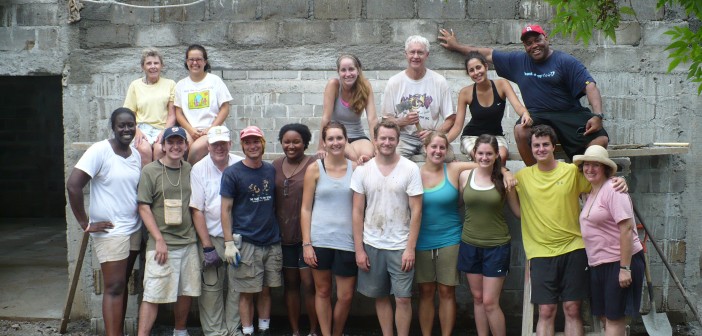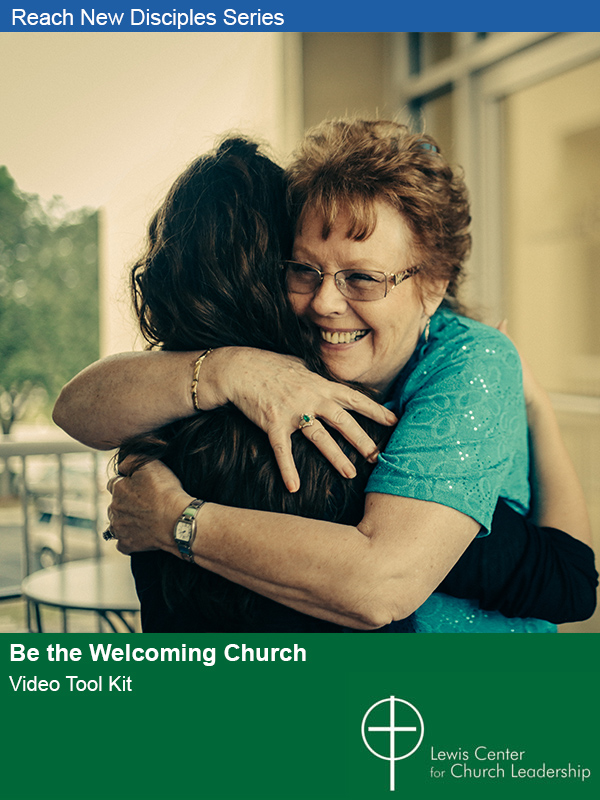I used to think short term mission trips were a complete waste of resources and a distraction from our church’s core mission. They basically amounted to “petting the poor” or “poverty tourism.” But my attitude changed after having the privilege of leading a short term trip with Living Water International. It helped me appreciate the ways short term mission experiences can be an important part of a church’ s discipleship strategy.
Creating awareness of the universal human experience
Mission trip participants are reminded that people are people. Whether they are across the street or around the world, people have the same needs. They want to know and be known. And they need Jesus. Participants come home from mission trips more mindful of the need to care for the people in their own community.
Understanding the challenges of serving in other cultures
There are unique challenges to serving in every community and culture. It’s one thing to talk about those challenges. It’s entirely different to get up close and see those challenges first hand. Being informed at this level gives trip participants the ability to be more informed advocates when they return home.
Assuming the roles of learner, servant, and helper
Often mission trip participants have a job where they are the expert or teacher or leader. Mission trips are a gift to these people because they provide the opportunity to be in the role of learner or servant or helper. Jesus said that we’re called be to the “servant of all,” and these trips give people the opportunity to actually do that.
Ultimately the hope is to move people beyond feeling bad to the place where they feel thankful that they have the opportunity to steward the resources God has given them.
Becoming more generous
Can I be honest for a minute? For those from rich northern countries traveling to developing southern countries, the next best step following a short term mission trip is becoming a donor and advocate. The biggest way we can provide long-term “help” is to go home and figure out how to restructure our lives to be more generous. Seeing the needs first hand generates a depth of knowledge and empathy that no amount of spreadsheets, emotional videos, or glossy photos can generate. People get informed and motivated. And they become smarter and more generous with their financial resources.
Gaining clarity on our economic status
This is related to people becoming more generous, but it’s more personal. A well-executed short term mission trip makes people aware of the fact that they are among the rich minority in the world. Some people end up experiencing this as guilt, which can be a good start. But ultimately the hope is to move people beyond feeling bad to the place where they feel thankful that they have the opportunity to steward the resources God has given them.
Depending on God, maybe for the first time
Our culture is structured to be predictable, safe, and comfortable. It often removes the chance for people to be dependent on God because there is little opportunity for stuff to go wrong. Short term mission trips move people out of their comfort zones and force them to face the fact that they aren’t in control … maybe for the first time in their lives. This can give people greater clarity on their place in the universe and helps to reset their relationship with Jesus.
Getting people out of their seats
A core part of engaging the people in our church is to get them out of their seats and engaged in the mission. These trips are a chance for people to serve, to give back, and to be part of what God is doing. This draws them in closer and helps them get more connected with their church.
Seeing with new eyes
While it isn’t always polite or comfortable to name this reality, people traveling on short term mission trips often are a part of wealthy, dominant cultures. They are traveling to poorer countries and often being led by incredibly talented people who look totally different from them, often people who would be part of the “minority” culture in our country. I love the impact this can have on people as they see others from various cultures in a different light than is often portrayed by the dominant culture at home.
This material is adapted from a recent post that appeared on Rich’s blog “unSeminary” and used by permission.
Related Resources:
- Helping a Congregation Connect to Mission by Tom Berlin







